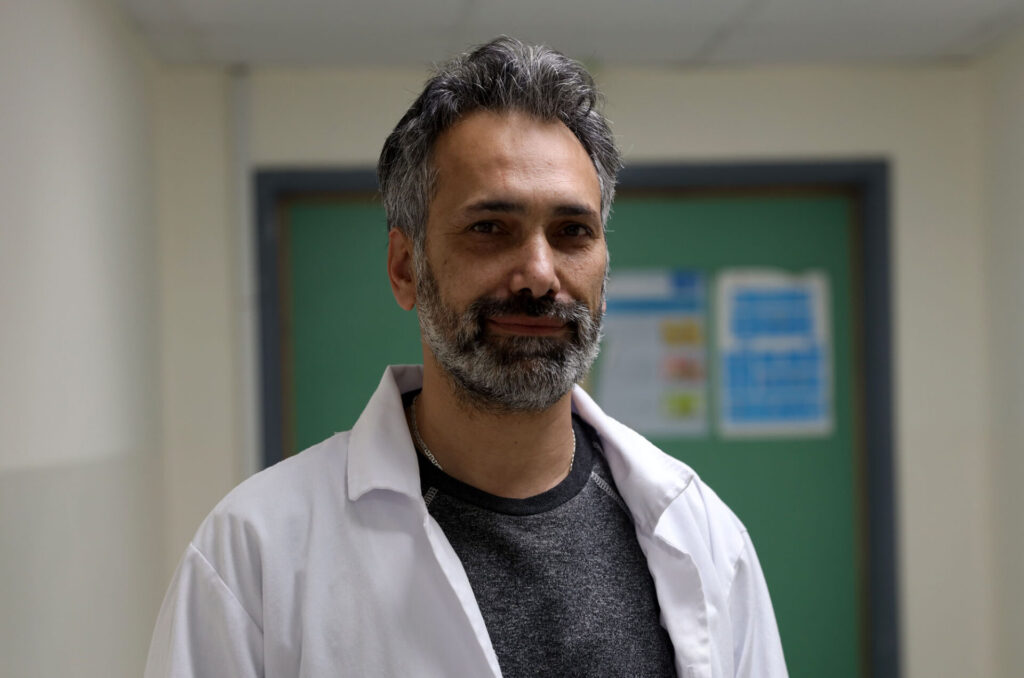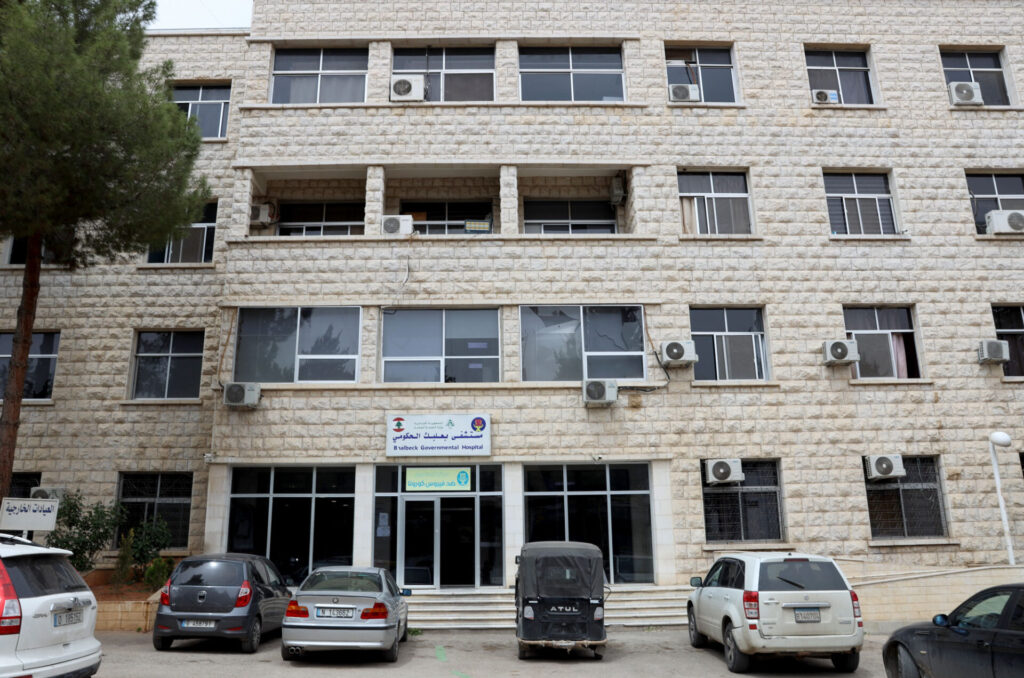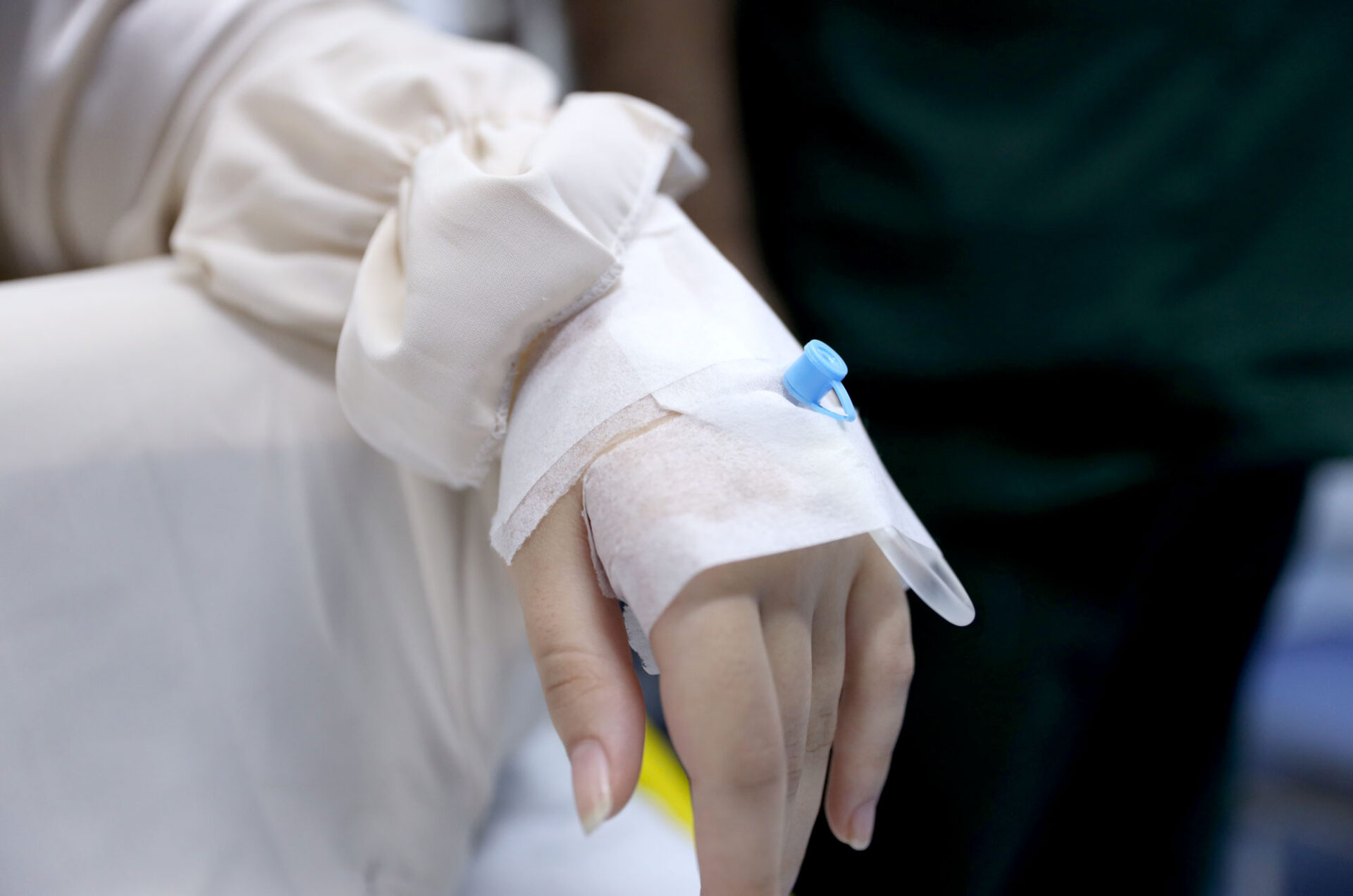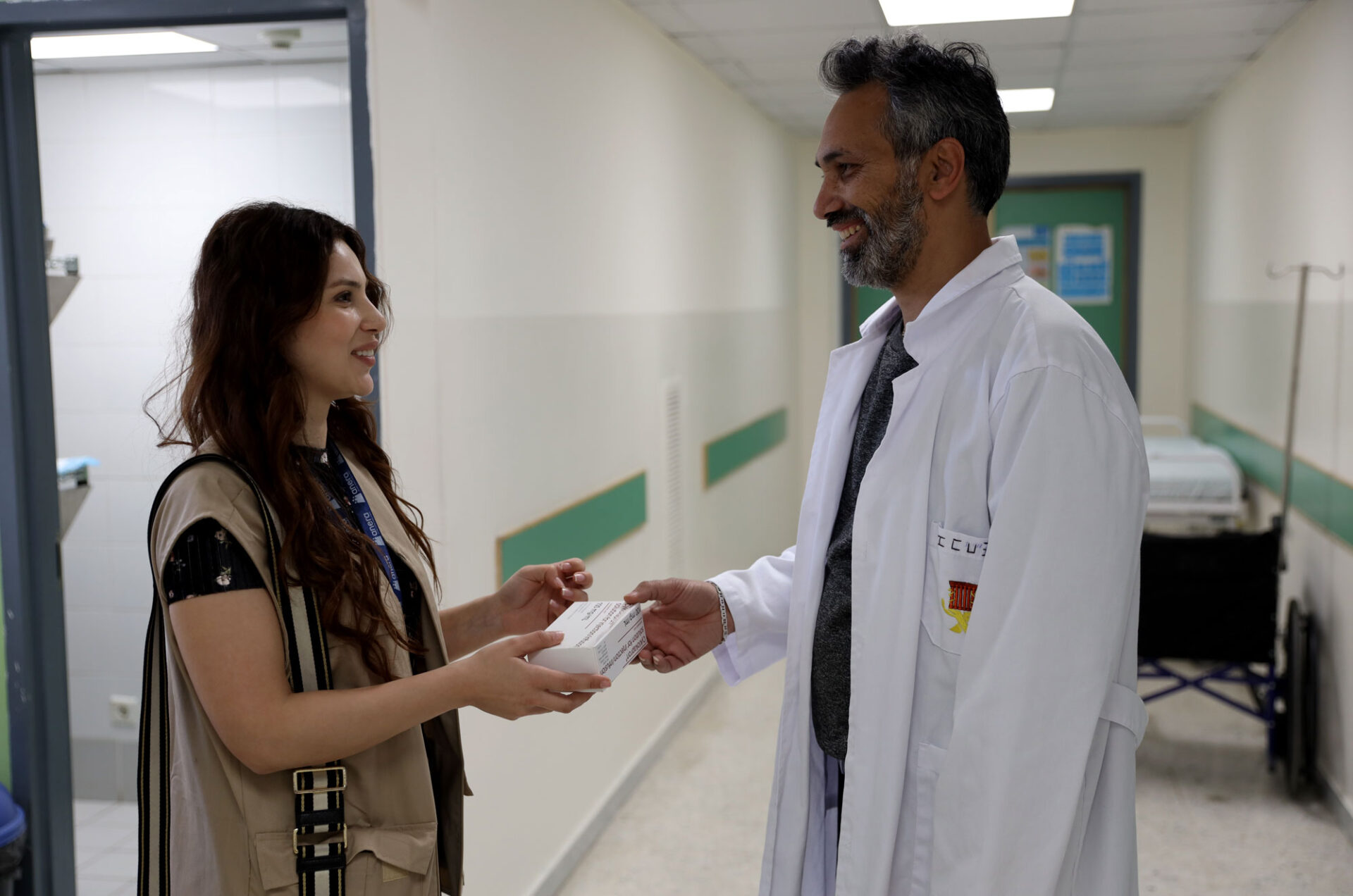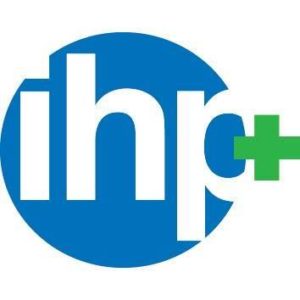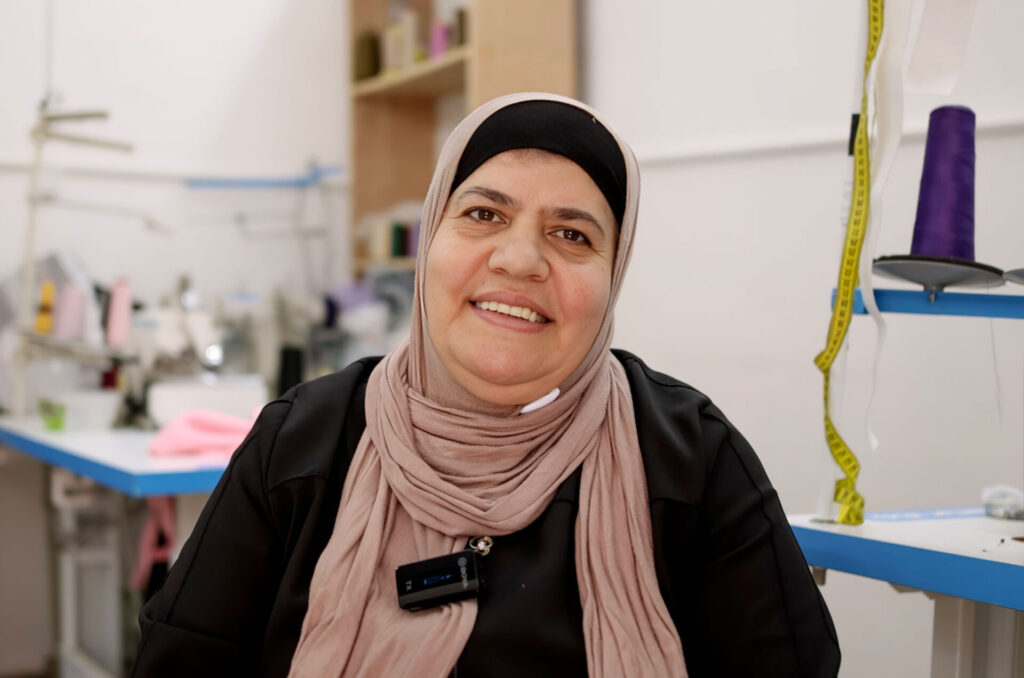May, 2025
When tranexamic acid vanished in Lebanon, IHP helped us answer the call
In Lebanon’s overwhelmed public hospitals, where medical staff are often forced to do more with less, one life-saving injection had all but disappeared. Tranexamic acid, a vital medication used to control heavy bleeding, was nowhere to be found, not even on the black market.
“Tranexamic acid injection is used to manage and control heavy bleeding in critical situations,” explains Mohsen Noon, PhD, head of the ER nursing team at Baalbek Public Hospital. “We use it in trauma cases, postpartum hemorrhage, patients with hemophilia, and even to manage complications from blood thinners, without increasing the risk of clots or stroke.”
At the peak of the shortage, doctors and nurses watched helplessly as patients faced life-threatening hemorrhages without access to the medication that could have saved them.
“There was a time when these life-saving injections completely disappeared from the market in Lebanon,” Noon says. “We couldn’t find them anywhere — even in the illegal black market.”

“There was a time when these life-saving injections completely disappeared from the market in Lebanon.”
For one of his patients, the absence nearly turned fatal.
“We had a post-op patient who began suffering from severe menstrual hemorrhage. We tried every alternative. Nothing worked. Only when we managed to find tranexamic acid were we able to stop the bleeding. Without it, she could have died.”
Lebanon's underfunded public hospitals have become critical lifelines in a country facing a series of overlapping crises, from economic collapse to war.
“You can’t ignore the fact that public hospitals in Lebanon — especially in regions like Baalbek — have been chronically underfunded,” says Abbas Shokr, director of Baalbek Governmental Hospital and a specialist in pneumonia in the ICU care. “Public hospitals don’t aim for profit. All we want is to cover salaries and keep our facilities running.”
Then came the war. Baalbek’s hospital, like many others, was flooded with trauma cases and surgical emergencies. But the supplies weren’t there.
“The war stretched us a lot,” Shokr says. “We received a lot of injuries that required surgical interventions, in addition to the cold operations that didn’t stop. Medicines, including anesthetics, became incredibly hard to find.”

“The war stretched us a lot... Medicines, including anesthetics, became incredibly hard to find.”
It wasn’t the first time Anera answered the call. As Lebanon’s hospitals faced yet another wave of shortages, Anera, with the vital support of International Health Partners (IHP), stepped in once again. This time, IHP delivered critical medicines like tranexamic acid, giving medical teams the tools they needed to stop the bleeding and save lives.
The donation of medical aid included 58,000 units of tranexamic acid — enough to treat an estimated 50,000 patients over the coming year.
“We called for Anera’s help, and they were very responsive,” Shokr continues. “Without the help of NGOs, the hospital would have collapsed. And what’s worth mentioning is that Anera doesn’t favor one region over another — they’re present wherever they’re needed.”

"We tried every alternative. Nothing worked. .... Without [tranexamic acid], she could have died.”
The return of tranexamic acid to Lebanon’s hospitals was more than a restock — it was a symbol of solidarity and a commitment to equitable care. From Beirut to Baalbek, and in public hospitals all over Lebanon, doctors were finally able to treat patients confidently again, knowing the next emergency wouldn’t cost a life simply because a medicine was missing.
“Tranexamic acid is a major medication, especially in the gynecology department,” Shokr adds. “It’s life-saving. I thank Anera and IHP for making sure we had it.”
In times of war, economic instability, and medical scarcity, healthcare equity becomes even more urgent. Through their donations and presence on the ground, Anera and IHP have made it clear: saving lives in Lebanon shouldn’t depend on your region, your resources, or your luck.
